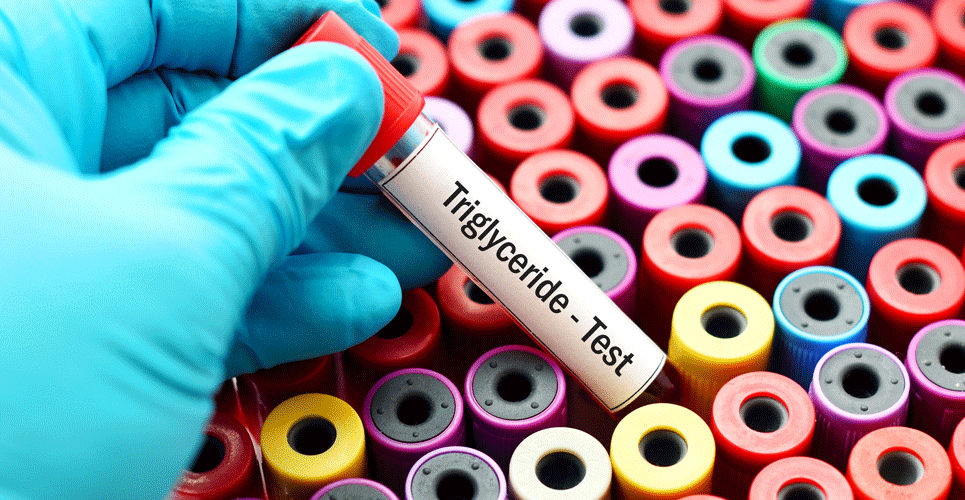An RCT found that Pemafibrate in patients with type 2 diabetes provided a similar reduction in adverse cardiovascular outcomes as placebo
Pemafibrate use in patients with type 2 diabetes, mild-to-moderate hypertriglyceridemia and low levels of HLD cholesterol, failed to lower the incidence of adverse cardiovascular outcomes compared to placebo according to a randomised, doubler-blind, placebo-controlled trial by US researchers.
Elevated levels of triglycerides confer an increased risk of cardiovascular disease although whether reducing levels actually reduces adverse cardiovascular events such as myocardial infarction is less clear. For example, in a trial with fenofibrate while there was a 25% reduction in mean triglyceride levels, there was no difference in the rate of fatal cardiovascular events, nonfatal myocardial infarction, or nonfatal stroke. Pemafibrate is a peroxisome proliferator-activated receptor modulator which lowers plasma triglycerides and increase HDL cholesterol and both of these effects are associated with cardiovascular benefit. Moreover, the drug is superior to fenofibrate at lowering serum triglycerides and has a good renal and hepatic safety profile.
But whether the drug also reduced adverse cardiovascular outcomes in patients with type 2 diabetes is uncertain and was the subject of the present trial. Included patients had triglyceride levels between 2.3 and 5.6 mmol/l and HDL cholesterol levels < 1 mmol/l. The primary endpoint was the first occurrence of a major adverse cardiovascular event and which was a composite that included myocardial infarction, ischaemic stroke and hospitalisation for unstable angina.
Pemafibrate and cardiovascular outcomes
A total of 10,497 patients with a median age of 64 years (27.5% female) were included and randomised to pemafibrate (5,240) or placebo. and followed by a median of 3.4 years. Two thirds of those enrolled were a secondary prevention cohort and 95% of the whole study population were prescribed a statin.
The median reduction in triglyceride levels was 31.1% in the pemafibrate group and 6.9% in the placebo group. In addition, HDL cholesterol levels rose by 8.3% in those taking pemafibrate but only 3.1% in the placebo arm.
The primary endpoint occurred in a similar number of patients and the difference was not significant (Hazard ratio, HR = 1.03, 95% CI 0.91 – 1.15, p = 0.67). Mortality from any cause was also similar and non-significant (HR = 1.04, 95% CI 0.91 – 1.20).
The authors concluded that while pemafibrate reduced triglyceride levels by over 30% in patients with type 2 diabetes, there was no significant reduction in the risk of adverse cardiovascular events.
Citation
Das Pradham A et al. Triglyceride Lowering with Pemafibrate to Reduce Cardiovascular Risk N Eng J Med 2022

